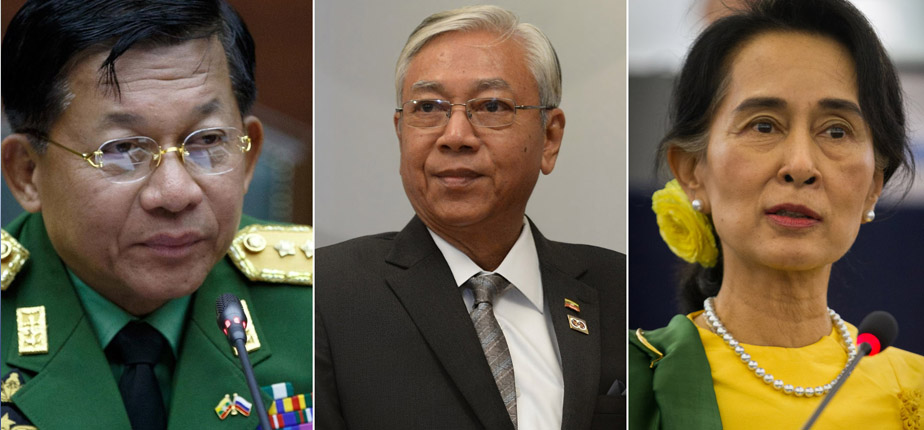
Nadine Osman
An Argentine court issued arrest warrants on February 13 for Myanmar’s military junta leader and former officials, including Nobel laureate Aung San Suu Kyi, over allegations of “genocide and crimes against humanity” against the Rohingya minority. The ruling stems from a complaint filed by a Rohingya advocacy group in Argentina.
The legal action was pursued under the principle of “universal jurisdiction,” which permits nations to prosecute severe crimes such as genocide and war crimes, regardless of where they occurred. Arrest warrants have been issued for both military and civilian leaders, including current junta chief Min Aung Hlaing, former president Htin Kyaw, and Aung San Suu Kyi, who served as “state counselor” from 2016 to 2021 before being ousted in the 2021 military coup. During her tenure, Suu Kyi faced criticism for failing to prevent the atrocities against the Rohingya.
Min Aung Hlaing is also under investigation by the International Criminal Court, while the International Court of Justice—the UN’s highest tribunal—is examining a case alleging “genocide” by Myanmar. The Rohingya, a predominantly Muslim minority in Buddhist-majority Myanmar, have endured systemic persecution. Amnesty International has likened their treatment to apartheid.
Since 2017, waves of Rohingya have fled their homeland due to violence and persecution, with many seeking refuge in Bangladesh—where nearly a million now reside—or in wealthier, Muslim-majority Malaysia. Meanwhile, Myanmar has been in turmoil since the 2021 coup, which reignited clashes with ethnic rebel groups and spurred the formation of numerous “People’s Defence Forces” opposing the junta’s rule.
In her ruling, Judge María Servini stated that the allegations in the complaint “constitute crimes that violate human rights recognised in various international criminal law instruments, subscribed to by most countries in the world.” She emphasized that these include “internationally known crimes such as genocide and crimes against humanity, committed by the political and military authorities in power in that country.”
Argentine courts have previously invoked “universal jurisdiction” to investigate crimes beyond their borders, including atrocities committed under Francisco Franco’s dictatorship in Spain. In December 2024, an Argentine judge also ordered the arrest of Nicaraguan President Daniel Ortega for “systematic violation of human rights.” However, none of these cases have yet resulted in enforcement against a foreign national.
Despite this, Tun Khin, President of the Burmese Rohingya Organisation UK (BROUK), hailed the court’s decision as a significant milestone, calling it a “historic step towards justice for Rohingya and everyone in Burma suffering under the Burmese military.” He further described the ruling as “a victory for international justice at a time of growing violations of international law worldwide.”
Tomas Ojea Quintana, the Rohingya plaintiffs’ lawyer in Argentina, told AFP that the next step involves passing the ruling to prosecutors, who will then coordinate with Interpol to issue international arrest warrants.
Photo: An Argentine court has issued arrest warrants for Myanmar’s military and civilian leaders, including (L-R) current junta chief Min Aung Hlaing, former president Htin Kyaw, and Aung San Suu Kyi, over allegations of genocide and crimes against humanity against the Rohingya minority. (Credit: Wiki Commons)

